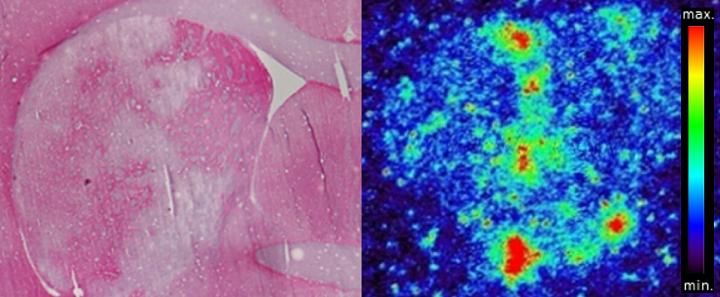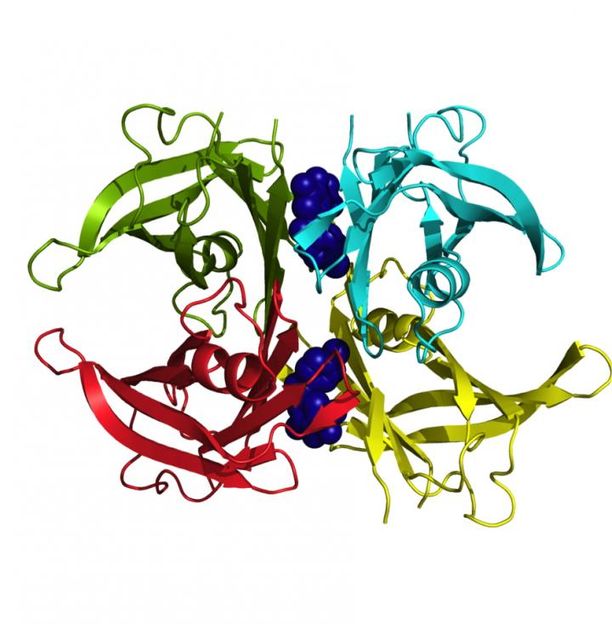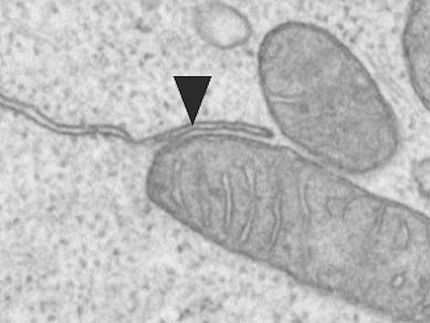New model for studying Alzheimer’s disease
A novel model that may prove useful to the study of Alzheimer’s at its earliest stages developed
The vast majority of Alzheimer’s disease cases are not directly inherited but linked to environmental and genetic factors. Yet most models used for studying Alzheimer’s in animals mimic the inherited form of the disease.
Yale researchers developed a novel model that may prove useful to the study of Alzheimer’s at its earliest stages. Led by associate professor of neuroscience Justus Verhagen and research scientist Alla Ivanova, the researchers studied mice lacking a protein, Fus1, that helps regulate mitochondria — the structures that maintain the balance of critical functions within cells.
In tests, these animals exhibited a loss of smell as well as spatial memory — early signs of Alzheimer’s in people. If confirmed in further studies, the model could serve as an additional tool for understanding the role of Fus1 and mitochondria in the development of Alzheimer’s, said the researchers.
Original publication
Coronas-Samano, Guillermo and Baker, Keeley L. and Tan, Winston J. T. and Ivanova, Alla V. and Verhagen, Justus V.; "Fus1 KO Mouse As a Model of Oxidative Stress-Mediated Sporadic Alzheimer's Disease: Circadian Disruption and Long-Term Spatial and Olfactory Memory Impairments"; Frontiers in Aging Neuroscience; 2016
Original publication
Coronas-Samano, Guillermo and Baker, Keeley L. and Tan, Winston J. T. and Ivanova, Alla V. and Verhagen, Justus V.; "Fus1 KO Mouse As a Model of Oxidative Stress-Mediated Sporadic Alzheimer's Disease: Circadian Disruption and Long-Term Spatial and Olfactory Memory Impairments"; Frontiers in Aging Neuroscience; 2016
Organizations
Other news from the department science

Get the life science industry in your inbox
By submitting this form you agree that LUMITOS AG will send you the newsletter(s) selected above by email. Your data will not be passed on to third parties. Your data will be stored and processed in accordance with our data protection regulations. LUMITOS may contact you by email for the purpose of advertising or market and opinion surveys. You can revoke your consent at any time without giving reasons to LUMITOS AG, Ernst-Augustin-Str. 2, 12489 Berlin, Germany or by e-mail at revoke@lumitos.com with effect for the future. In addition, each email contains a link to unsubscribe from the corresponding newsletter.
Most read news
More news from our other portals
Last viewed contents

Holmarc Opto-Mechatronics P Ltd - Kerala, India

Sweet nanoparticles target stroke
VaxGen Raises USD 79M Through Sale of Interest in Overseas Biopharmaceutical Manufacturing Facility
How to rescue the immune system - Study in Nature Medicine could lead to novel therapy for cancer
Orchid Bioscience reports full year 2004 financial results



















































